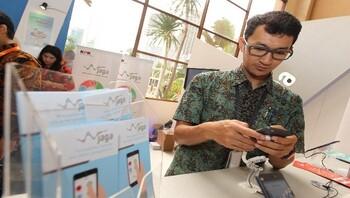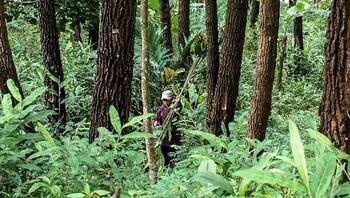Context
Since its establishment in 2003, the Indonesian Corruption Eradication Commission (KPK) has gained high national and international reputation due to its impressive track record in the prosecuting of corruption cases. In 2003, Indonesia’s Corruption Performance Index (CPI) was at 19 and in 2019, has risen to 40, on a scale from 0 being very corrupt, to 100 being not corrupt. Furthermore, between 2014 and 2018, KPK succeeded in returning 106 Million Euros to the state.
Nevertheless, the systemic corruption that exists in Indonesia is considered to be the most prevalent factor obstructing development. It is largely the poorer segments of the population who suffer these conditions. According to estimates produced by KPK, the converted costs of corruption within the forestry and mining sectors alone amount to approximately two billion Euros per year. Particularly, the widespread corruption in the forestry sector boosts illegal logging and hampers the sustainable economic activity of land allocation and land utility. The effect also reaches the poor and disadvantaged sections of the population. Due to additional, illegitimate payment demands, their access to government services and resources are often blocked. Women in rural areas are especially affected by corruption in sub-national levels - also because they are particularly dependent on natural resources.
Despite numerous successes, corruption remains virulent in in Indonesia. In particular, the prevention of corruption cannot be as successful to date as the prosecution. This is partly because prevention work is generally less visible and demonstrable than repression; for example, the arrest and conviction of high-ranking politicians. However, KPK has successfully triggered the development of national strategies for corruption prevention as well as becoming the coordinator of the National Strategy for Corruption Prevention, STRANAS PK.
Objective
The Indonesian government has improved corruption prevention at national and subnational levels.

